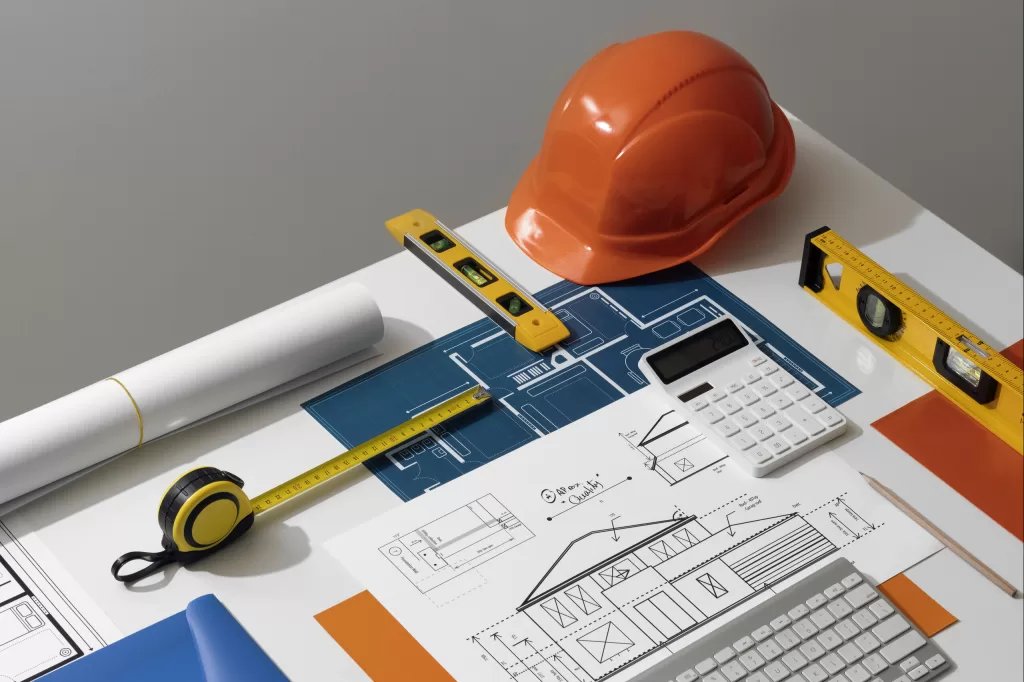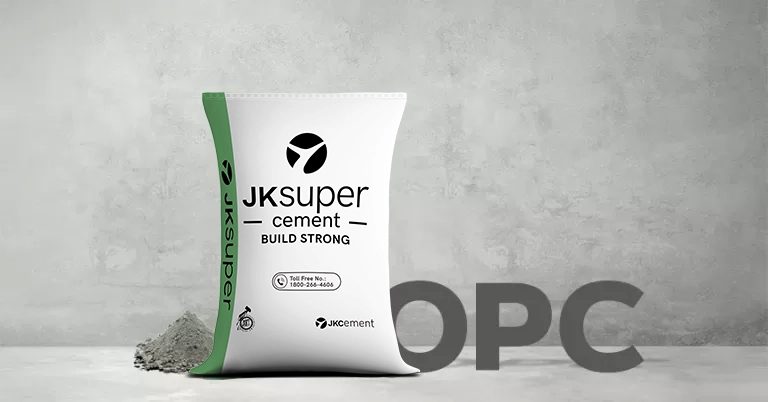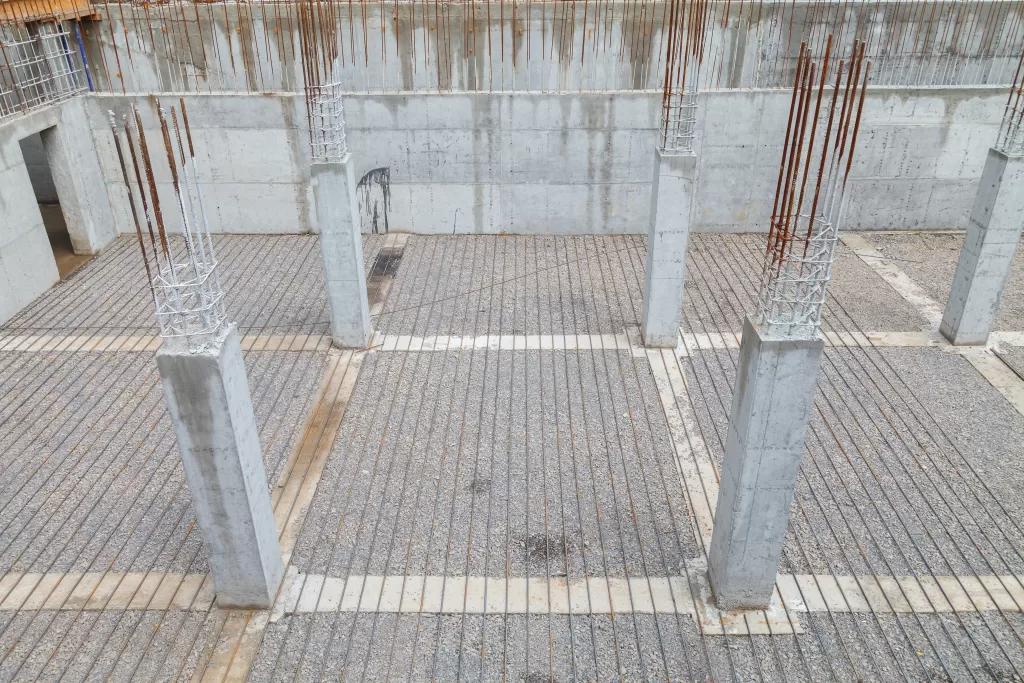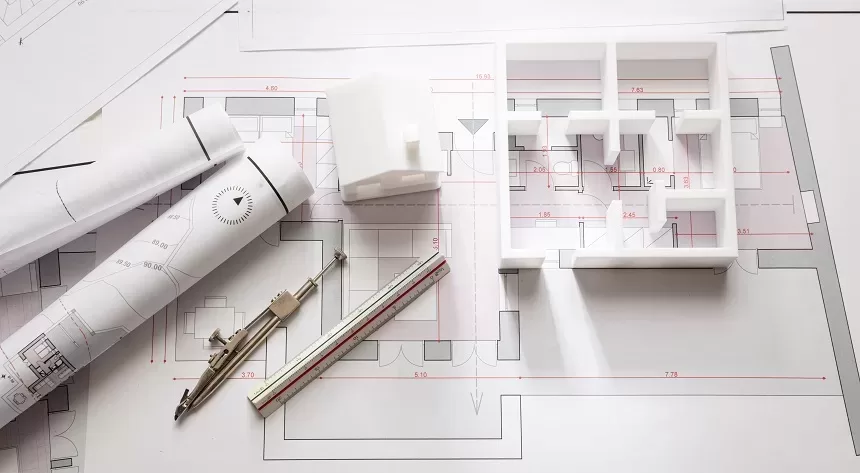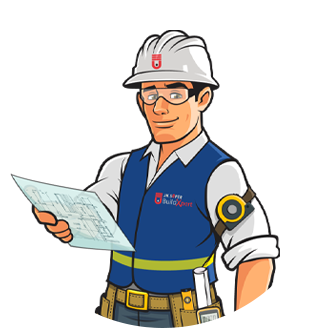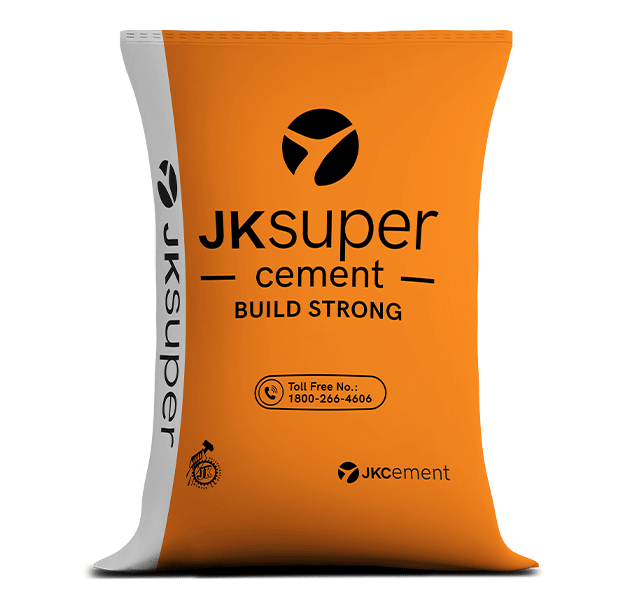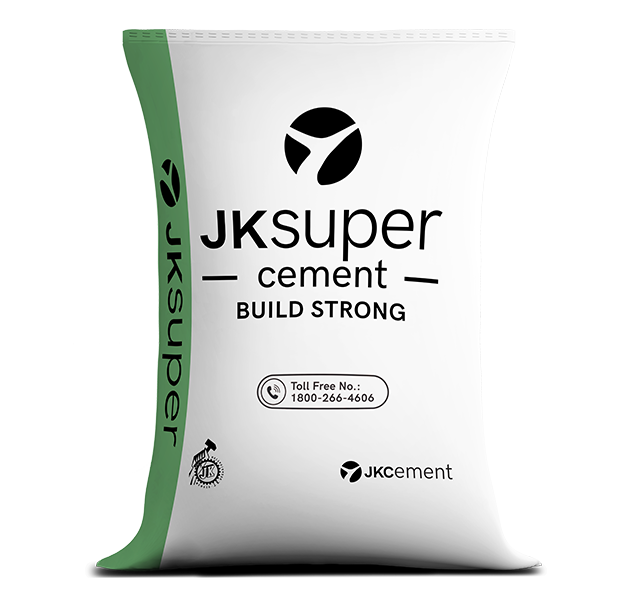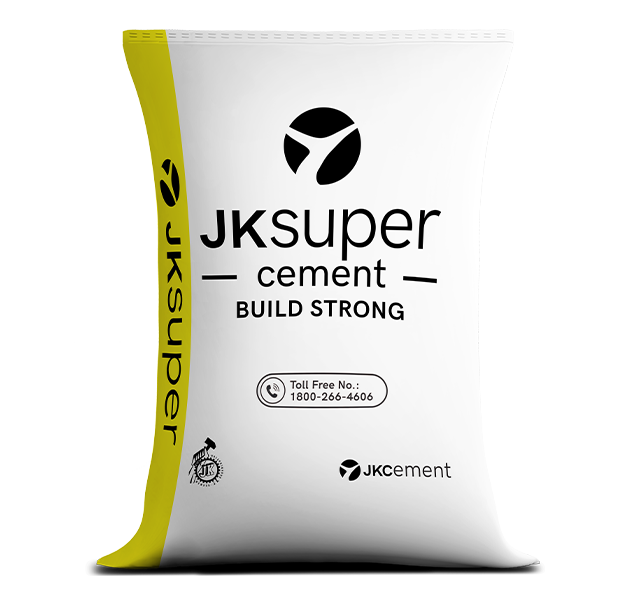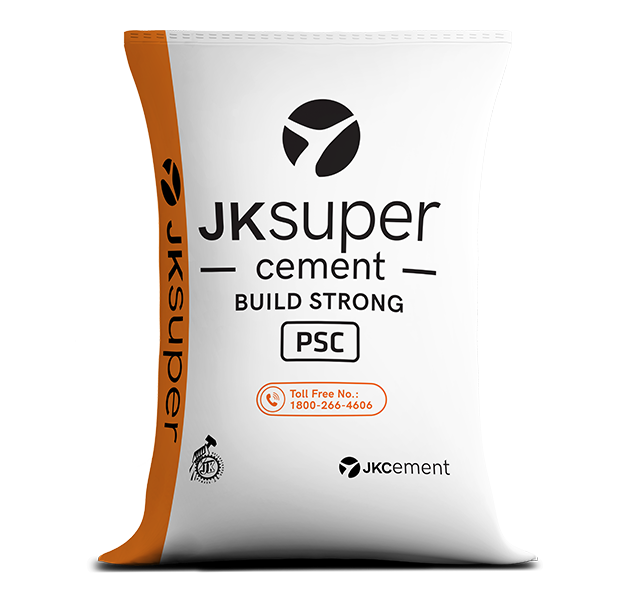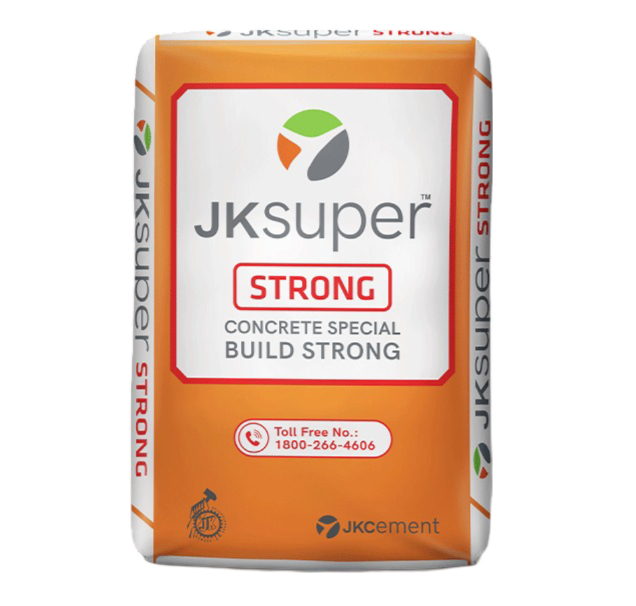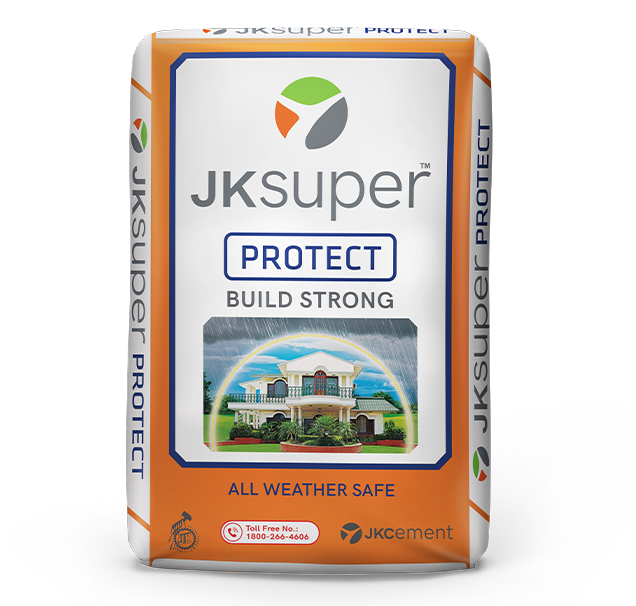In the realm of construction, there stands a diverse range of projects, each designed to meet certain needs and purposes. Be it residential dwellings, commercial spaces, or monumental infrastructure, the types of construction vary based on the requirement. Developing an understanding of these categories not only sheds light on the workings of the construction industry but also helps you make informed decisions. Continue reading to learn more.
What is Construction?
Construction is the process of creating physical structures, usually buildings or infrastructure. It entails systematic planning, design, and execution, alongside a collaborative effort among architects, engineers, contractors, and various skilled labourers. Construction projects vary widely in scale, scope, and purpose, from residential homes and commercial complexes to expansive infrastructure developments like roads, bridges, and dams. The process includes site preparation, foundation laying, structural framing, and finishing touches. Materials such as concrete, cement for construction, steel, wood, and others are carefully selected and combined to meet structural requirements and design specifications.
What Does Construction Type Mean?
The term “construction type” refers to the classification or categorisation of buildings based on structural elements, fire resistance properties, and materials used in their construction. These classifications help architects, engineers, and authorities understand the nature of a building’s design and its expected behaviour under different conditions. Building codes often prescribe specific types of construction, to guide the construction industry in adhering to standardised safety and regulatory measures.
Types of Constructions
Construction is a diverse industry encompassing a wide range of projects. The types of construction can be broadly classified based on the purpose and scope of the project. Here’s a list:
Residential Construction
Residential construction involves the creation of housing structures. This category includes single-family homes, multi-family dwellings like apartments and building complexes, and other residential complexes. The focus here is to create comfortable and functional living spaces, by incorporating architectural and design elements that cater to homeowners’ preferences.
Commercial Construction
Commercial construction is centred around structures designed for business and commerce. This includes office buildings, retail centres, hotels, and restaurants. The emphasis is on creating spaces that are visually appealing, functional, and conducive to various commercial activities.
Industrial Construction
Industrial construction revolves around manufacturing and production facilities. This includes factories, warehouses, and power plants. Such projects often require specialised expertise due to the complex machinery and infrastructure involved.
Institutional Construction
Institutional construction entails the development of public or private institutions. Schools, hospitals, government buildings, and religious institutions fall under this category. These projects often have specific requirements related to functionality, accessibility, and safety.
Infrastructure Construction
Infrastructure construction focuses on building and maintaining essential public works. This category encompasses projects, like roads, bridges, tunnels, dams, and water and sewage systems. These projects are meant to support economic development and improve the quality of life for communities.
Environmental Construction
Environmental construction addresses projects related to environmental protection and sustainability. Examples include waste management facilities, pollution control projects, and environmental cleanup initiatives. The goal is to develop solutions that minimise environmental impact.
Retail/Wholesale Construction
Retail/wholesale construction refers to the planning, design, and construction of facilities intended for retail or wholesale activities. Such construction projects focus on creating spaces that accommodate the needs of businesses engaged in the sale of goods. Constructing such spaces involves considerations related to customer experience, storage, display, and efficient logistics.
Mixed-Land Use Development
Mixed-use development refers to urban planning and real estate projects that combine different types of land uses within a single project or development area. They integrate residential, commercial, and/or industrial elements to create a more diverse environment. This approach promotes accessibility, reduces the need for long commutes, and enhances the residents’ quality of life.
Explore JK Cement for your construction projects to enhance durability and safety in every structure you build.
FAQs
What are the 4 types of construction projects?
The following are the four types of construction projects:
-
- Residential Construction: Building homes and housing complexes.
-
- Commercial Construction: Developing offices, retail spaces, and malls.
-
- Infrastructure Construction: Creating roads, bridges, and public facilities.
-
- Industrial Construction: Constructing manufacturing plants and warehouses.
What are the 4 types of management in construction?
Here are the four types of management in construction:
-
- Project Management: Overseeing specific construction projects.
-
- Construction Management: Supervising overall construction processes.
-
- Facility Management: Managing post-construction building operations.
-
- Risk Management: Mitigating possible project risks.
What are the types of buildings?
Buildings encompass diverse categories. This includes residential, commercial, industrial, and institutional structures. Each serves specific purposes, contributing to the nation’s varied architectural landscape and evolving urbanisation.

